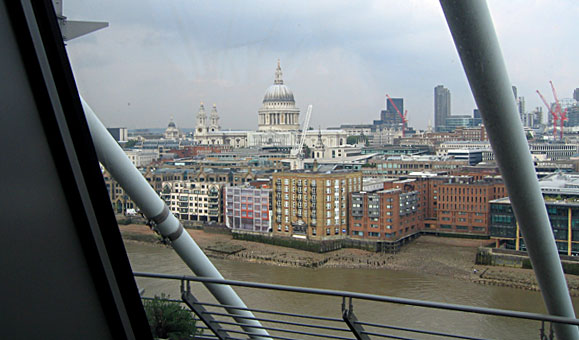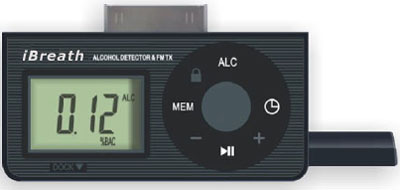Two Harvard economists have built a model to elucidate the battle between Windows and Linux. There’s an interesting interview with the authors in which they discuss their findings.
Their conclusion?
Our main result is that in the absence of cost asymmetries and as long as Windows has a first-mover advantage (a larger installed base at time zero), Linux never displaces Windows of its leadership position. This result holds true regardless of the strength of Linux’s demand-side learning. Furthermore, the result persists regardless of the intrinsically better design and potential differential value of Linux. In other words, harnessing demand-side learning more efficiently is not sufficient for Linux to win the competitive battle against Windows.
Having obtained this basic result, we investigate the conditions that will warrant that Linux ends up forcing Windows out. We do this by modifying the model in two ways. First of all, we look at the effect of having buyers such as governments and some large corporations committed to deployment of Linux in their organizations. We call such buyers strategic. In addition to cost-related reasons, governments back Linux because having access to the source code allows them to verify that sensitive data is treated securely. Binary code makes it hard to figure out who has access to information flowing in a network. Companies such as IBM, in contrast, back Linux because they see in OSS one way to diminish Microsoft’s dominance. We find that the presence of strategic buyers together with Linux’s sufficiently strong demand-side learning results in Windows being driven out of the market. This may be one main reason why Microsoft has been providing chunks of Windows’ source code to governments.
Second, we look at the role of cost asymmetries. In the base model we assume that the cost structures of Windows and Linux for the development, distribution, and support of software coincide. A natural question is then whether the central result that Windows survives in the long-run equilibrium regardless of the speed of Linux’s demand-side learning persists if there are cost asymmetries. We find that because OSS implies lower profits for Microsoft, the larger the cost differences are between Linux and Windows, the less able Microsoft is to guarantee the survival of Windows.
We also show that it is not all bad news to Microsoft. We analyze the effect of having forward-looking buyers and the presence of piracy, and conclude that both benefit Microsoft.
They also come to the counter-intuitive conclusion that piracy actually helps Microsoft!
n addition to this main result, we were also surprised to find that piracy may end up increasing Microsoft’s profits. To understand why, notice that there are two types of pirates: those who would not have bought Windows in the first place because it is too expensive, and those who would have bought Windows but now decide to pirate it. The first category increases Windows’ installed base without affecting sales. As a consequence, this group increases the value of Windows. And thanks to these pirates, Microsoft is able to set higher prices in the future (because the value of the system goes up). In addition, having these pirates means that Linux’s installed base does not grow as much as it would have if piracy weren’t there. The second type of pirates (those who in the absence of piracy would have bought Windows) reduces Windows’ sales and profit. Thus, if the proportion of first-type pirates is sufficiently large, Microsoft’s profits will increase with piracy…
One can almost hear the sighs of relief in Redmond. The only problem is that the entire hypothesis depends on the accuracy of a mathematical model.





